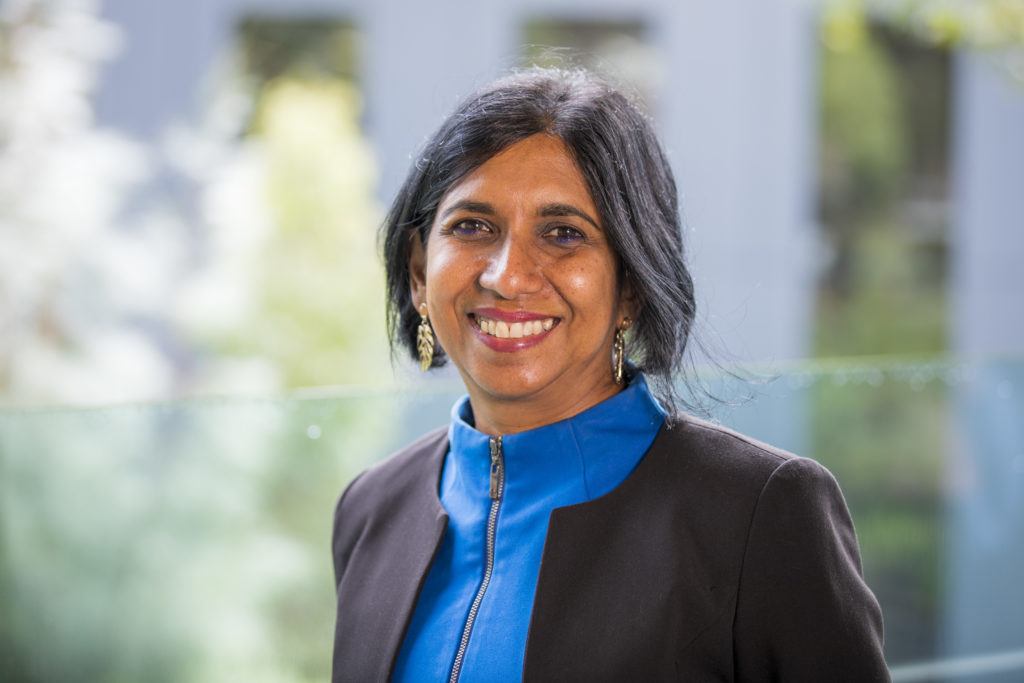Assessing the impact of health and medical research
Location: Online

Assessing research impact is important for individual research projects and broader research programs.
It lets you see what’s worked, what hasn’t, and most importantly, allows you to measure, monetise and describe the difference that your research has made to knowledge, policy, society and the economy.
More than ever, governments, funding bodies and universities want evidence of the impact from funded health and medical research.
But what’s the best way to go about assessing impact? Who do you involve, when do you start?
On April 27, 3-4pm, join Dr Shanthi Ramanathan, Impact Assessment Specialist, Hunter Medical Research Institute and Conjoint Lecturer at the College of Health, Medicine and Wellbeing at the University of Newcastle, as she steps through the multi-dimensional Framework to Assess the Impact from Translational health research (FAIT).
FAIT was developed by health economists and researchers at Hunter Medical Research Institute (HMRI) and aims to not just measure and assess impact but encourage greater translation and planning to optimise the impact of research.
About Dr Shanthi Ramanathan
In 2016, following on from a successful 20 year career in health and social research, Dr Shanthi Ramanathan moved into the field of research impact assessment, a newly emerging field of research practice, and is now leading the implementation of the Framework to Assess the Impact of Translational health research (FAIT) in Australia. FAIT was developed by a group of health economists and researchers at HMRI and aims to not just measure and assess impact but is designed to encourage greater translation and planning to optimise impact. Beginning with two NHMRC Centres for Research Excellence (CRE), the application of FAIT has grown, and its application broadened beyond research projects and programs. Dr Ramanathan has been part of a team that has applied FAIT to health services, various NSW Health funding schemes, research organisations, international projects and programs of work.
Dr Ramanathan is making significant contributions to the interdisciplinary areas of Research Impact Assessment (RIA) and Research Translation (RT) – areas that feature strongly in many health and medical research grants such as the Medical Research Futures Fund. She has also contributed to scholarship in this field (14 conference presentations and 9 publications) and continuing professional development (over 30 workshops). She has become a specialist in RIA in Australia and has recently been invited to join the AAMRI Impact Working Group. Dr Ramanathan is also an invited speaker on impact assessment at the 2022 International Impact of Science Conference in the Netherlands. Since 2017 she has built RIA and RT capacity amongst over 1,000 academics, policymakers and clinician researchers. This experience has given her exposure to the challenges of impact assessment and understanding the value of research investment.
